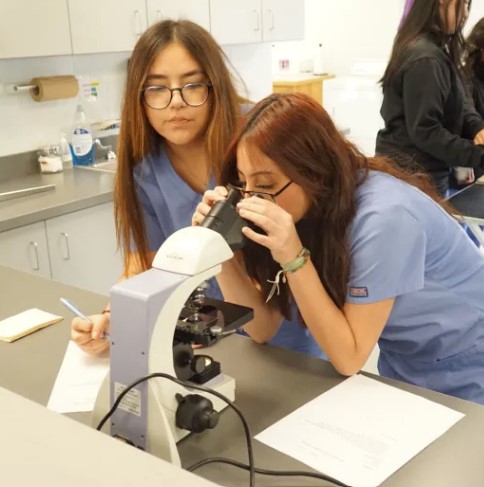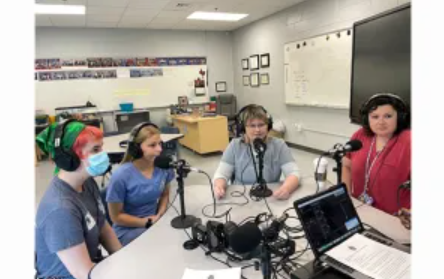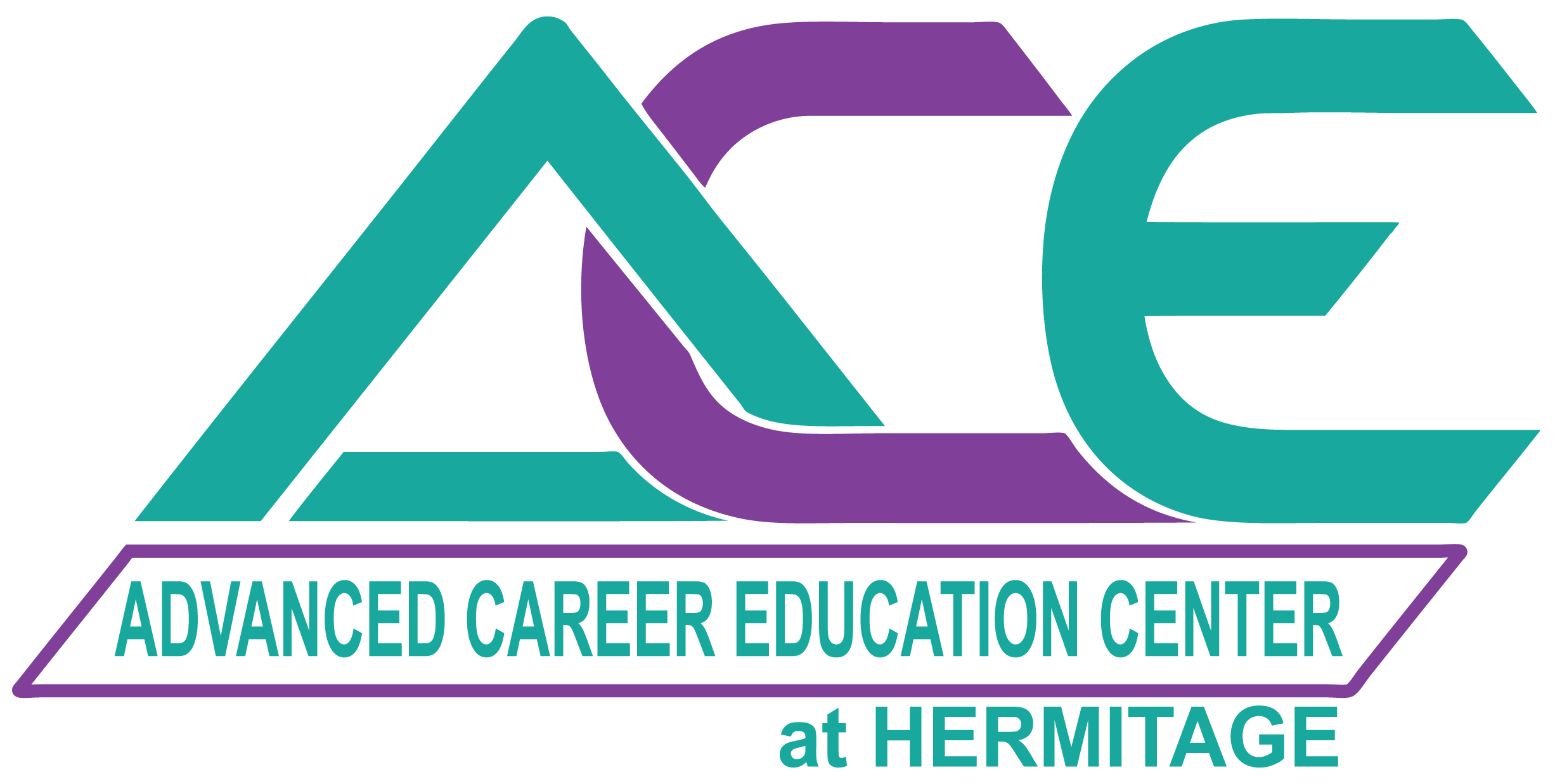Veterinary Science
🐾 Is This a Good Fit for You?
🔍 Prerequisites: Veterinary Science Program
Must be a Junior
Biology: Grade “C” or better
Algebra I: Grade “C” or better
This program may be a great fit if you:
✅🐾 Are passionate about animal care and eager to explore careers in veterinary medicine, animal science, or related fields.
✅📚 Are prepared for a rigorous, two-year academic program that includes in-depth study of Small Animal Care and Veterinary Science.
✅🧪 Are ready to engage in hands-on training using industry-standard equipment and techniques—including grooming, restraint, and basic clinical procedures—with live animals such as mice, chickens, rabbits, snakes, and more.
✅🧼 Understand that veterinary care involves messy, physically demanding tasks—like handling bodily fluids, restraining difficult animals, and maintaining strict hygiene to prevent disease transmission—and may include emotionally difficult experiences such as assisting with humane euthanasia.
If you’re serious about pursuing a future in veterinary care and ready to meet the demands of a challenging and rewarding program, this could be the perfect next step.

Program Description
2 years – 6 credits – Advanced Career Education (ACE) Center at Hermitage
This program is designed to be completed in two years during the 11th and 12th grades.
Year 1 (Junior Year)
Small Animal Care I (1 credit): Students learn how to care for and manage small animals, focusing on the connection between humans and animals, animal behavior health, nutrition, management, and reproduction. Opportunities to handle live animals may occur. Course content also includes instruction on the tools, equipment, and facilities used in the small animal care industry.
Small Animal Care I I (1 credit): Students will develop the knowledge and skills necessary for training and grooming companion animals, in line with required safety practices and protocols. Instruction includes grooming, required care, technical and maintenance functions related to animal health, animal first aid, and office-management procedures used in the companion animal care industry.
Career Strategies ( 1 credit) : Career Strategies consists of an in-depth study of career clusters and pathways through a variety of investigative activities. Students analyze career assessment results, compare various educational options, and develop or revise a plan related to their academic and career-related goals.
Year 2 (Senior year)
Veterinary Science I (1 credits): Veterinary Science I prepares students for postsecondary education and/or careers in veterinary medicine or related fields. Major topics include characteristics and care of common companion and livestock animals, safety practices, anatomy and physiology, nutrition, medical terminology, sanitation, and clinical exams. Course content also includes communication, facility operations, office functions, and professional etiquette in the workplace. Opportunities to handle live animals may occur.
Veterinary Science II (1 credits): Students expand their knowledge of animal science and the care of animals, including animal structure and function, microbes and disease prevention, parasitology, and genetics and breeding. Students develop more advanced skills and techniques for assisting the veterinarian and/or technician in the following areas: performing first aid and surgery, applying aseptic techniques, performing technical functions, administering medication, handling death and dying, working with wildlife, and performing office functions. Opportunities to handle live animals may occur.
Entrepreneurship I (1 Credit): Introduces students to starting and managing their own business. Covers planning techniques, design thinking, business model development, financial statements, marketing, sales, customer service, and fundamental economic principles for success.
Program Structure and Benefits
Career Technical Student Organization - FFA: This organization prepares students for leadership and careers in the science, business, and technology of agriculture.
Real-World Experience: Students will gain hands-on experience using industry-standard equipment and practices, including the care and handling of over 30 different animals and various insects in our veterinary lab, from lizards and snakes to hamsters, rabbits, and adoptable kittens.
Certifications: Those who complete the program are eligible to earn their Certified Veterinary Assistant and Workplace Readiness Skills (WRS) certification.
Student-Led Services - Students in the Veterinary Sciences program at the ACE Center at Hermitage provide pet grooming services, allowing them to apply their skills in a professional setting while building confidence and career readiness. See their flyer here : Pet Grooming
Instructors

Published: March 19, 2024. Check out our podcast! Click here to listen. In this episode, we speak with former Vet Science graduate, Gillian Glessman, current Vet Science student, Maddie Truban, and Vet Science instructors, Gretchen Hedges, and Karen Bickett. We talk about the many career paths available to Vet Science students including preparing for college to become a veterinarian. With the explosion of pet ownership in the country the field is in desperate need for vets and support staff across the field.
